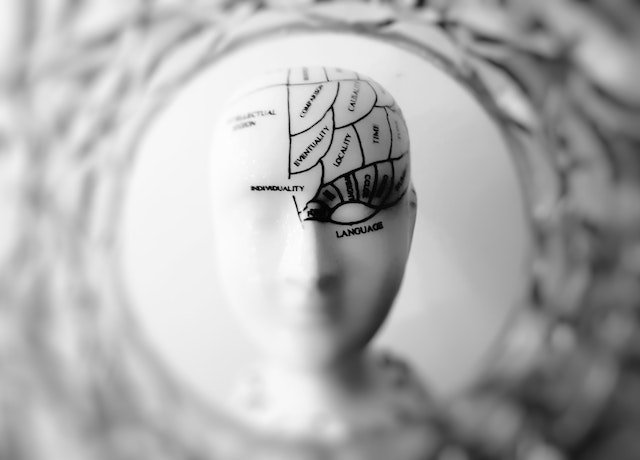Trauma is an all-too-common reality. Studies find that anywhere from 50 to 60 percent of adults report experiencing at least one traumatic event in their lives. This is obviously not good news. But from this growing need has established a vast array of powerful treatments for trauma and Post-Traumatic Stress Disorder (PTSD).
For example, EMDR (Eye-Movement Desensitization and Reprocessing) has fast become a go-to option. EMDR is unusual but its track record is stellar. I’ll go into more detail below and I’d also like to address an important question: How can EMDR be effective if you can’t remember your trauma?
What is Trauma and What is EDMR?
Let’s begin with a brief description of how trauma impacts your brain. In typical memory storage, your brain files away what happens to you in such a way as to make sense of these cumulative experiences. When trauma strikes, your brain is sent into survival mode. Thus, the memories often get stored in a dysfunctional manner.
The events are stored as unresolved, incomplete fragments. This is what makes nightmares and flashbacks so common. Your brain is trying to process the painful memories and store them properly.
Unlike standard talk therapy, EMDR involves hand and eye movements. These induce a state, not unlike REM sleep. The therapist has the client visualize a particular event and in the EMDR state, that event can finally be resolved. In fact, it is often replaced with a positive thought or memory.
Do You Have to Remember Trauma For EMDR Therapy to Work?
Consider a phrase I used above: “The therapist has the client visualize a particular event.” Since traumatic memories are fragmented and often repressed, can EMDR still help? Short answer: yes. Here are a few reasons why:
It’s Built Into the Treatment
Any EMDR therapist is prepared to deal with this possibility. It’s not rare and can be identified in the pre-treatment screening. This will help them factor in any needed adjustments. It can be very helpful for the process if you don’t feel concerned or shame about the lack of remembering. It’s not your fault and will not hamper your healing.
Adjustments Exist
As I just mentioned, a skilled EMDR therapist is ready for such contingencies. A common option is to find ways to prompt the recollection of memories. These may include:
Sensory prompts like sounds or smells
Photographs
Voicemails, texts, or old social media posts
Perfect Accuracy is Not the Goal
Even when you’ve fully processed them, memories are complex. In an instance like trauma, what needs to be provoked is at least a vague sense of what the experience made you feel. This is almost always enough for a successful treatment session.
EMDR, in general, is a short treatment plan. For someone with no recall of the events, it might take a little longer. Even so, the entire process is still incredibly brief compared to other approaches.
Some of the Benefits of EMDR
Rapid and powerful relief from the most severe trauma symptoms
Reframing past events in a positive way
The ability to regularly engage in positive self-talk
Of course, each individual will experience benefits specific to their situation. EMDR is an unusual approach but to call it effective would be a major understatement.
I can imagine you have questions. Therefore, I welcome and invite you to make contact. Let’s talk about your trauma and how EMDR can help. I’ve worked with many clients who were struggling with trauma. You don’t have to live in that state. With the help of a skilled therapist, you can reclaim your life and thrive once again. Let’s make that happen together. To read more about EMDR counseling, click here..


